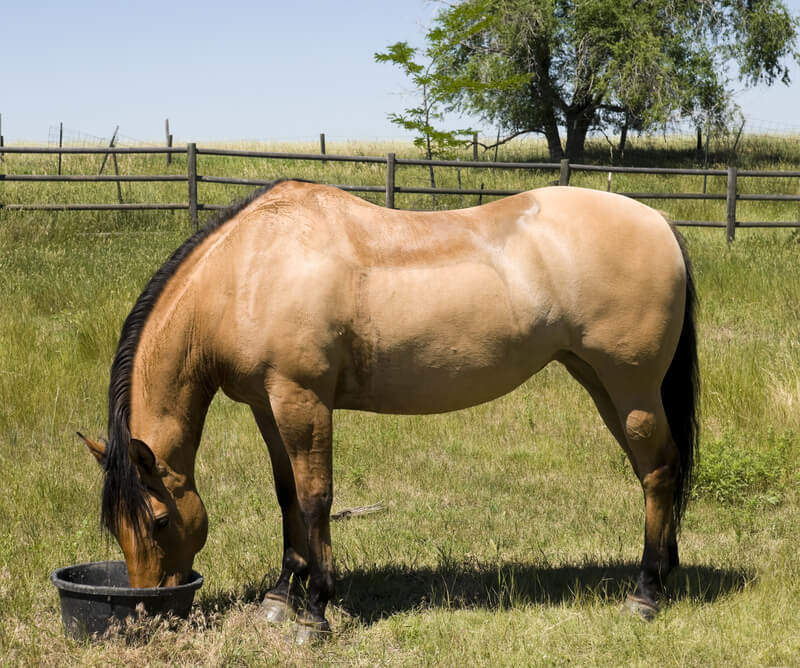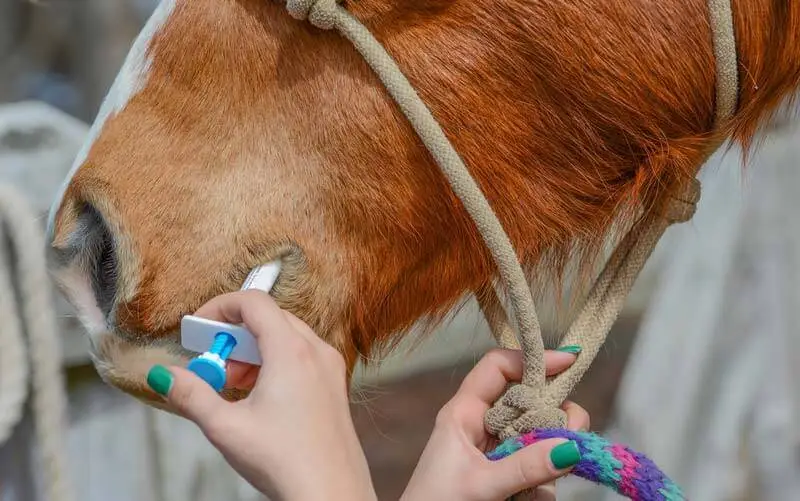How do I plan my horse’s feeding regime?
There is no ‘one size fits all’ answer to this question, so it’s important you assess your horse’s nutritive requirements as an individual. Formulating a balanced diet that supports their precise needs starts by asking the right questions…
- How old is your horse?
As your horse ages, their needs for energy, caloric intake and digestibility will change, so formulating your horses’s diet is not a ‘set and forget’ activity, and should be discussed in consultation with a nutritionist or veterinarian.
At a young age, horse feeds are designed to support growth, with higher levels of protein for weanlings and yearlings. As your horse enters their senior years or is considered ‘nutritionally senior’, they require a feed that’s high in fibre, easy to chew and delivers readily available nutrients.
- How much does your horse weigh?
At different stages of life, you may also need to feed for weight loss or weight gain. For example, you may need to consider diet changes during the transition from Winter to Spring, as your horse may have lost condition over the cooler months.
Using a weight tape or body condition scoring, you can easily determine if your horse is underweight, over-weight or in peak condition. When doing this, don’t forget to consider your horse’s breed as ideal body condition is categorised differently for certain breeds.
- How often is your horse exercised?
Every horse, no matter their workload, should eat approximately 2% of their bodyweight in dry feed per day and forage sources, such as pasture and hay, should make up the bulk of this ration. For those easy keepers, pasture and added supplements may be enough to maintain their condition.
However, if your horse has a moderate to heavy workload, or pasture is scare and deficient in vital nutrients, their diet will need to incorporate commercial feeds. When considering your horse’s workload, ensure that you don’t over- or under-estimate their activity level.
- Does your horse require additional nutrients?
Likewise, if your horse is a stallion, pregnant or lactating mare, their nutritive requirements are higher. A breeding stallion will require a daily feed ration, balanced by forage, that provides him with energy, vitamins and minerals to maintain his performance and sperm motility.
During the stages of pregnancy, your mare’s requirements will vary, with late gestation and lactation being the most demanding stages on her condition. Her daily feed ration will need to supply her with energy, vitamins and minerals to assist in foal growth, repair and milk production.
- Does your horse have any pre-existing health problems influenced by nutrition?
Finally, if your horse suffers from any health condition that is exacerbated by incorrect feeding, then you need to approach their diet with caution. A veterinarian should be involved to ensure your horse is diagnosed correctly, so an appropriate feeding plan can be put in place.




